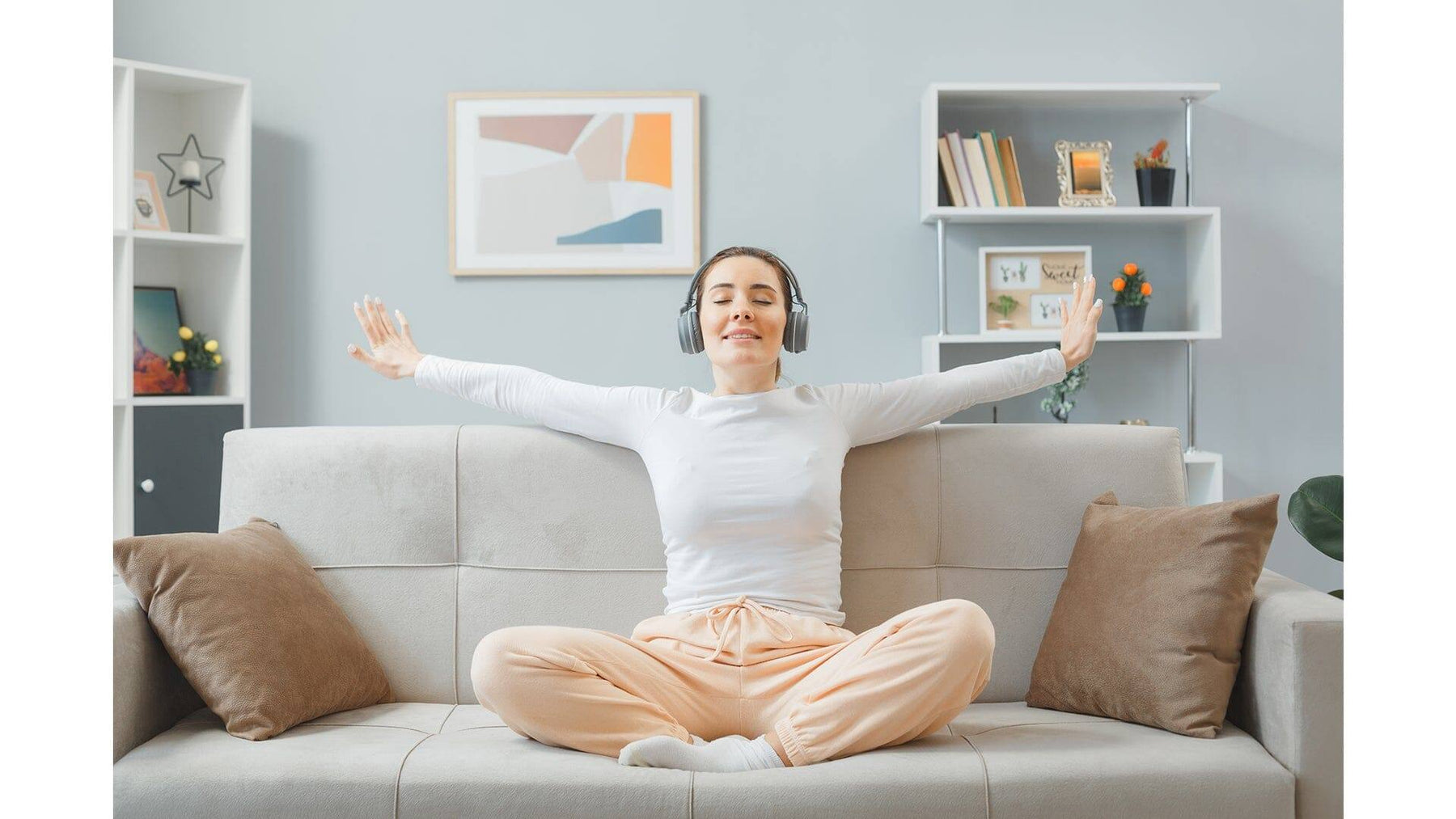
Exploring the Allergy Relief Benefits of Air Purifiers
Allergies can significantly impact our daily lives, causing discomfort and reducing overall well-being. Many individuals seek various remedies to alleviate allergy symptoms, and one popular solution is the use of air purifiers. These devices claim to improve indoor air quality by removing allergens and pollutants. This article aims to explore the effectiveness of air purifiers in providing allergy relief and understanding their potential benefits.
Understanding Allergens and Indoor Air Quality
Allergens are substances that trigger allergic reactions in susceptible individuals. Common indoor allergens include dust mites, pet dander, pollen, mold spores, and even certain volatile organic compounds. These allergens can circulate in the air and cause respiratory symptoms, such as sneezing, coughing, congestion, and itchy eyes.
Air Purifiers and Allergy Relief
Allergen Removal: Air purifiers capture and remove airborne allergens using filters like HEPA filters, which can trap particles as small as 0.3 microns. By reducing allergen concentrations in the air, air purifiers can help relieve allergy symptoms.
Filtering Pollutants: Air purifiers also remove other pollutants like dust, smoke, pet odors, and VOCs that can worsen allergies. By eliminating these irritants, air purifiers contribute to improved indoor air quality and allergy relief.
Continuous Air Cleaning: Unlike other methods, air purifiers provide continuous air cleaning. They operate day and night, ensuring purified air and a healthier environment for allergy sufferers.
Filter Efficiency: Look for air purifiers with HEPA filters, known for capturing small allergen particles. Ensure they meet industry standards and have high-efficiency ratings.
Room Size Coverage: Consider the purifier's coverage to match the room size for effective air purification.
Noise Level: Select models with quiet or sleep modes if noise is a concern, especially for bedroom use.
Maintenance and Filter Replacement: Check the purifier's maintenance requirements and filter replacement frequency for optimal performance.
In conclusion, air purifiers are helpful in managing allergies by removing allergens and improving indoor air quality. They effectively filter airborne particles and pollutants, providing relief from allergy symptoms.

Leave a comment